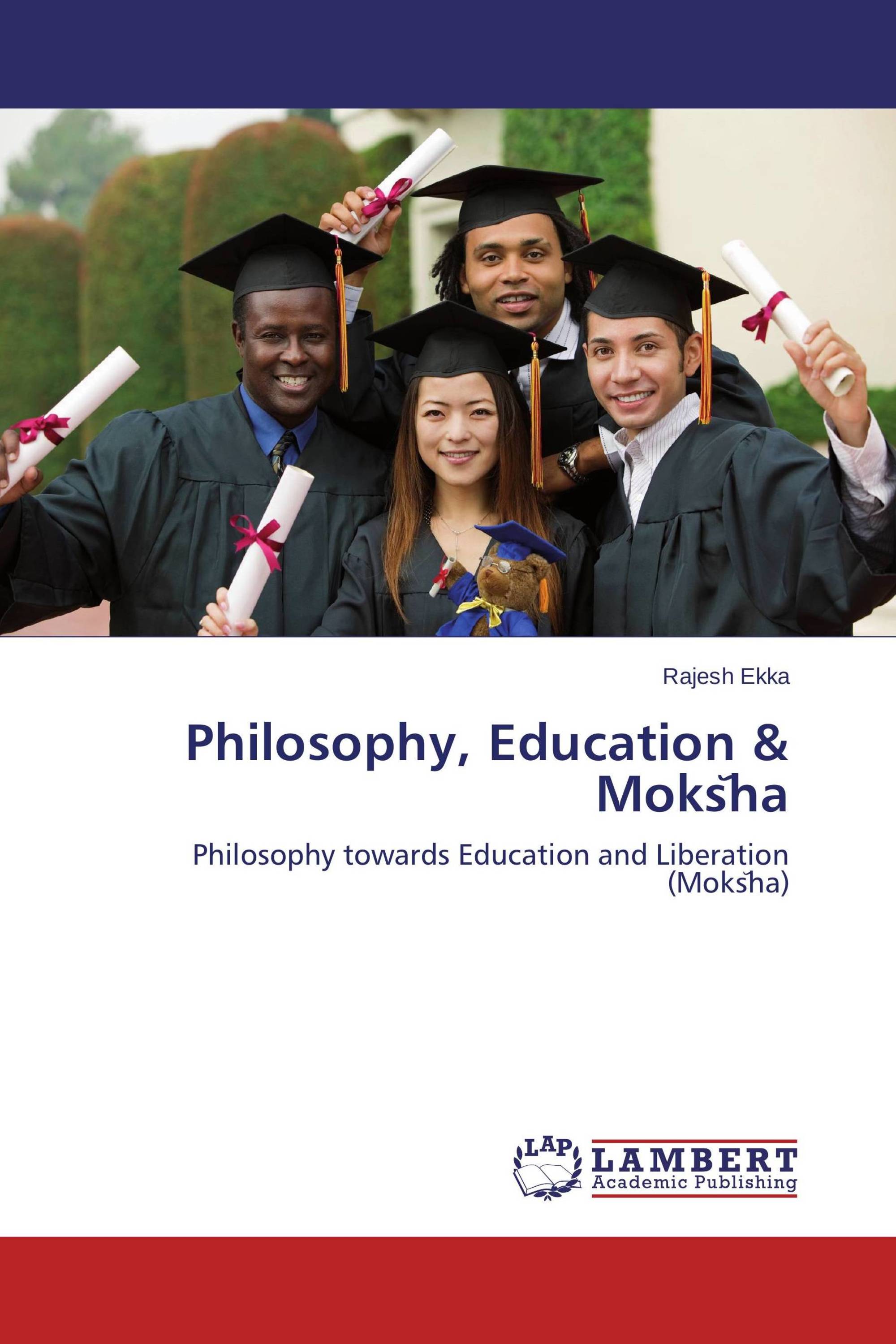Philosophy, Education & Moks᷃ha
Philosophy towards Education and Liberation (Moks᷃ha)
LAP Lambert Academic Publishing ( 21.07.2014 )
€ 39,90
Modern European languages – include the English we are speaking now – are built on roots taken from ancient Greek and Latin. Thus, it is inevitable that some of the slants and biases of the Hellenic World – view should have slipped into our everyday life through the usage of common words. When we use the term “man” (which, significantly is supposed to refer to woman, too), we are saying, in effect, that the most important thing about us is that we have a mens, or mind. It would seem that the same emphasis lies behind the Sanskrit manas (also mind) and its derivatives like manushya. The incarnate dimension of this “mind” is conveniently by – passed, suggesting that “the body” and its needs are relative unimportance: the key thing it to provide for the needs of the mind or spirit – hence we speak of “spirituality” (as if cultivation of our corporality could safely be ignored in the quest for human development. On the other hand, the work human implies a far more integrated vision: it reminds us that we are humus (Latin: earth, mud) plus mens – earthy minds.
Kitap detayları: |
|
|
ISBN-13: |
978-3-659-57859-5 |
|
ISBN-10: |
3659578592 |
|
EAN: |
9783659578595 |
|
Kitabın dili: |
English |
|
Yazar: |
Rajesh Ekka |
|
Sayfa sayısı: |
60 |
|
Yayın tarihi: |
21.07.2014 |
|
Kategori: |
Felsefe |




